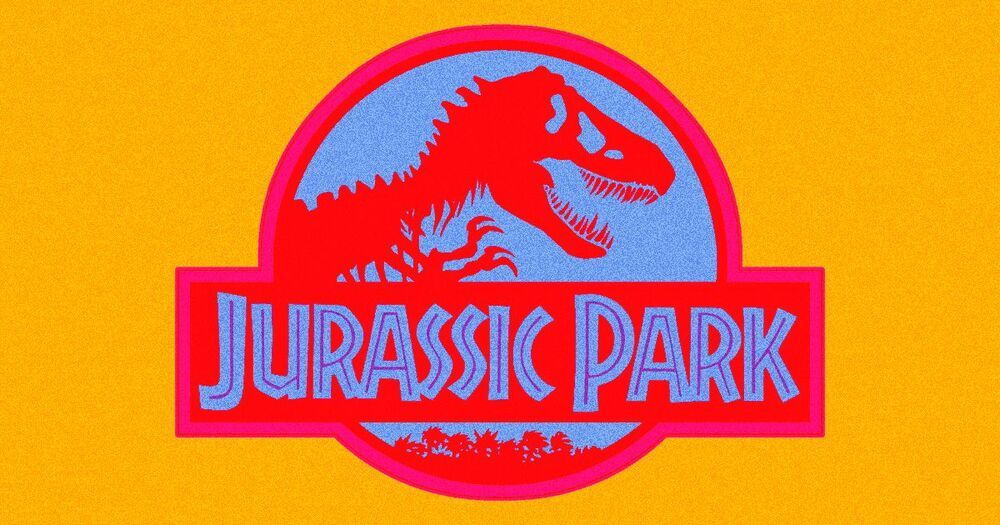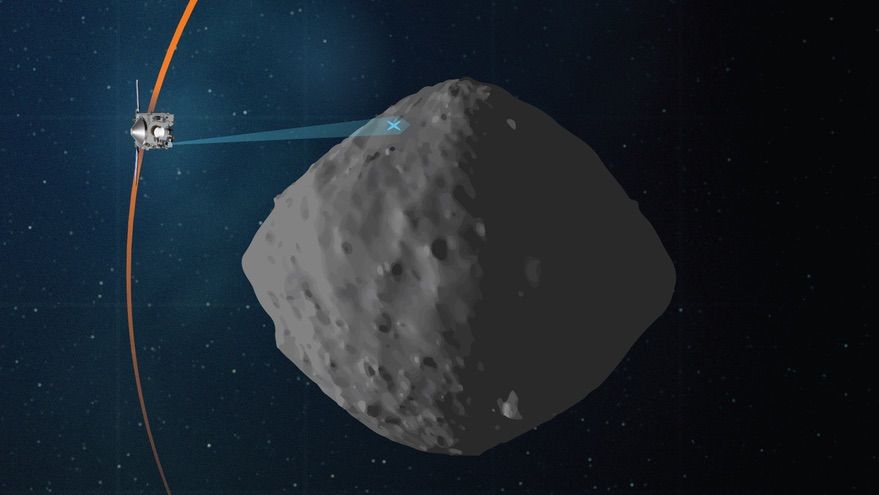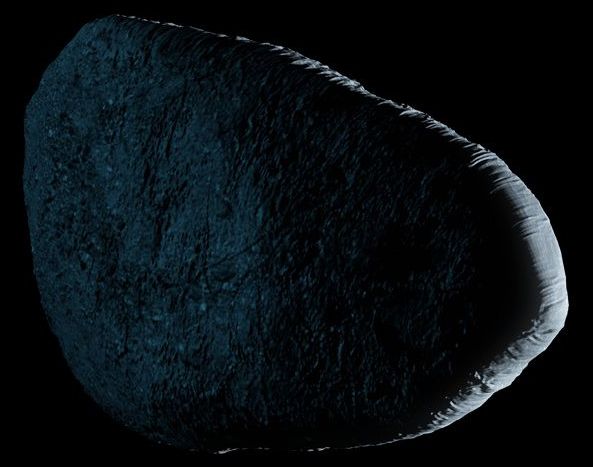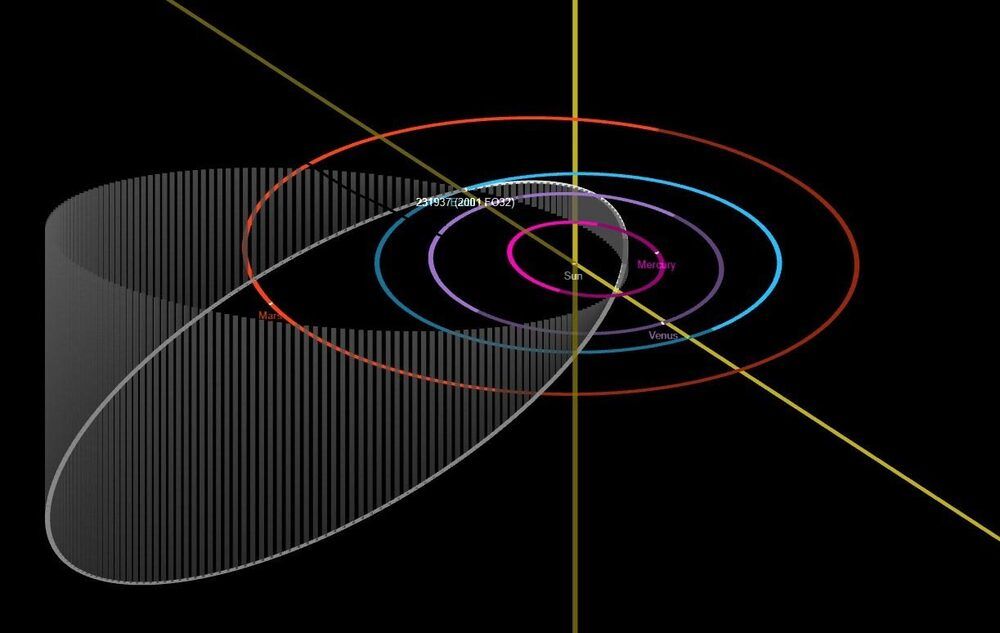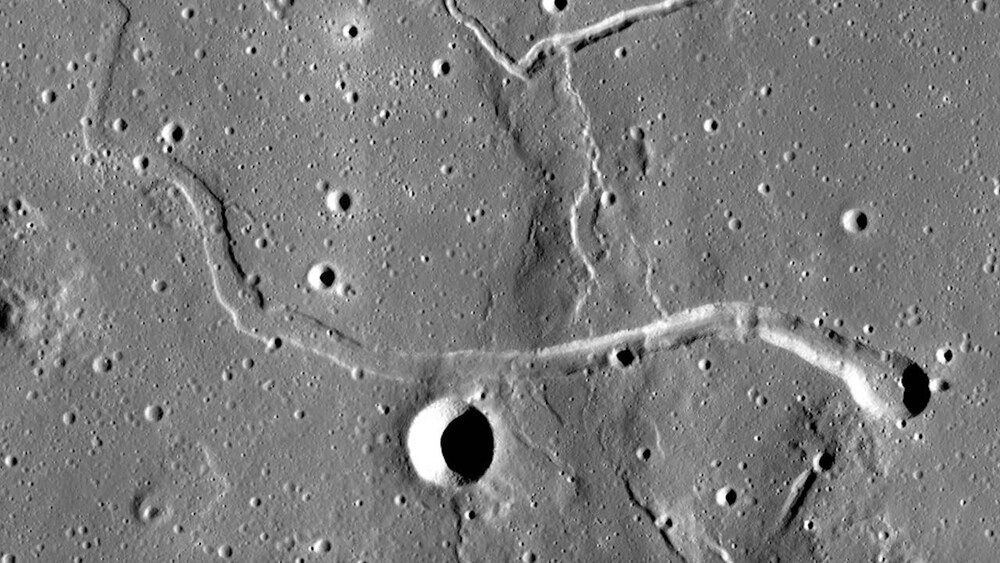Apr 13, 2021
Preparing for AI-enabled cyberattacks
Posted by Derick Lee in categories: business, cybercrime/malcode, existential risks, information science, robotics/AI
MIT Technology Review Insights, in association with AI cybersecurity company Darktrace, surveyed more than 300 C-level executives, directors, and managers worldwide to understand how they’re addressing the cyberthreats they’re up against—and how to use AI to help fight against them.
Cyberattacks continue to grow in prevalence and sophistication. With the ability to disrupt business operations, wipe out critical data, and cause reputational damage, they pose an existential threat to businesses, critical services, and infrastructure. Today’s new wave of attacks is outsmarting and outpacing humans, and even starting to incorporate artificial intelligence (AI). What’s known as “offensive AI” will enable cybercriminals to direct targeted attacks at unprecedented speed and scale while flying under the radar of traditional, rule-based detection tools.
Some of the world’s largest and most trusted organizations have already fallen victim to damaging cyberattacks, undermining their ability to safeguard critical data. With offensive AI on the horizon, organizations need to adopt new defenses to fight back: the battle of algorithms has begun.


